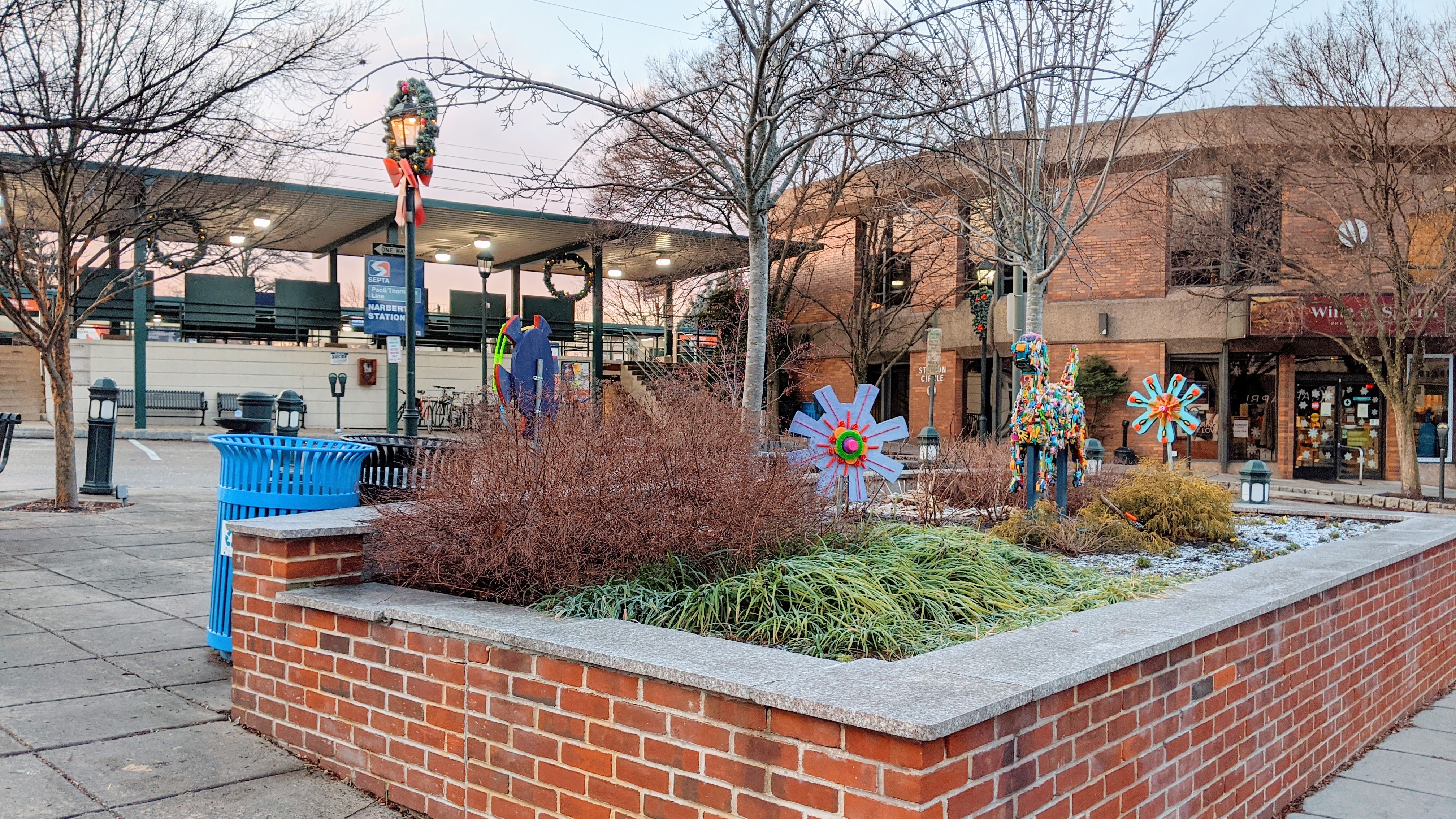
Industrial agriculture accounts for 9-10% of greenhouse gases emitted in the US through the use of fossil fuels and release of carbon from degraded soil. But it doesn’t have to be this way. Our farmland, yards, and forests can soak up excess carbon, and we don’t have to be farmers ourselves to make a difference. As with other areas of energy use, it matters what we do and how we do it.
Buying locally-grown food is one way to make a difference. Community supported agriculture (CSA) programs bring produce directly from local farms to consumers. Joining a CSA not only lowers the fuel used for transport, it means you're getting the freshest food available.
There are several CSAs with drop off locations or delivery in or near Narberth, including Crawford Organics, Vollmecke Orchards, and Lancaster Farm Fresh Cooperative. Check LocalHarvest for a complete list. If you eat meat, you can source meat from small, local farms that use sustainable practices through Primal Supply Meats.
Organic produce, particularly food that is certified as using Regenerative Organic Agriculture, provides another source of nutritious and environmentally-friendly food. Check out the organic selection at local grocery stores, such as Sprouts and MOM's Organic Market.
 Start a Climate Victory Garden or upgrade your existing plot to include these 10 Carbon-Capture Practices. Don’t have a space to grow a garden at home? Find out more about community gardening with the Cooperative Gardens of Narberth.
Start a Climate Victory Garden or upgrade your existing plot to include these 10 Carbon-Capture Practices. Don’t have a space to grow a garden at home? Find out more about community gardening with the Cooperative Gardens of Narberth.
Our yards matter too. Reducing lawn sizes and using regenerative practices for lawn care can help make a difference. Here are some tips to make your yard into a net carbon sink:
Healthy forests in the US can sequester carbon, while poor forest management contributes to climate change. Everything we buy, from new furniture to tissues and toilet paper, can damage forests, but it’s easy to change that. Check for the Forest Stewardship Council logo on items you buy to know you are buying a sustainably produced item that supports best forest management practices.